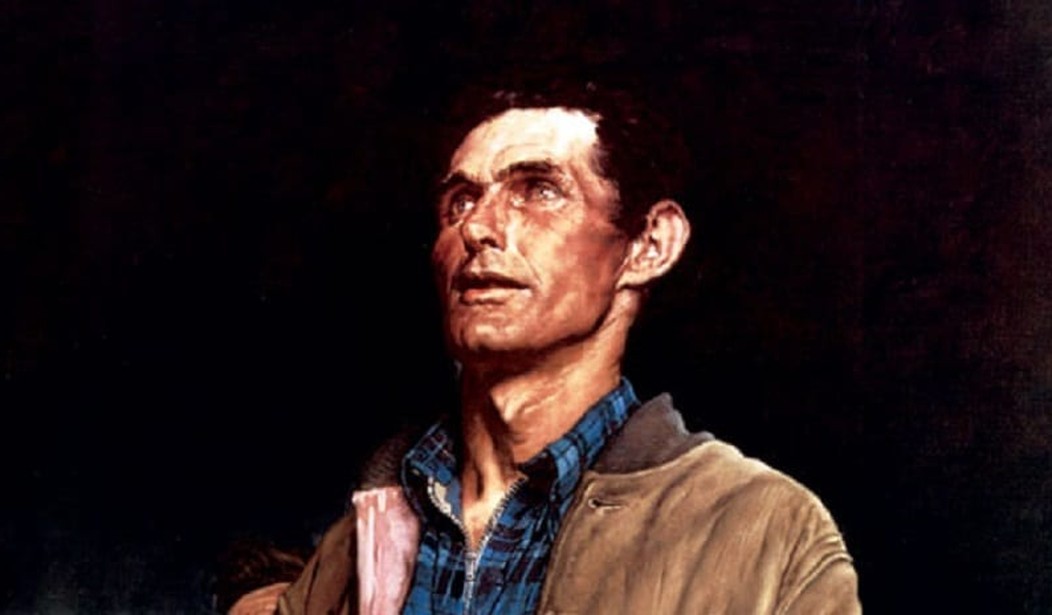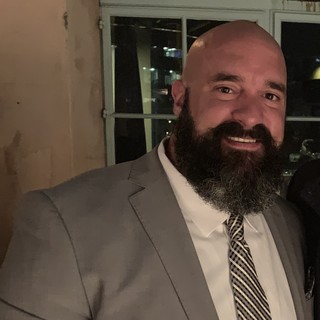With the recent mass protests and violent riots at college campuses around the country by groups supporting Hamas, and the counter-protests by those in support of the Israeli people and nation, the conversation about "hate speech" and the First Amendment is stirring a debate on what free speech actually is. Part of that debate is the division of whether or not "hate speech" is or should be protected, or whether it actually exists at all.
I am a fervent and ardent supporter of our civil liberties and believe that they are indeed absolute. From the First Amendment to the Second, Fourth, and everyone in between, these rights are intrinsic to a free society. An individual's right to speak freely without fear of reprisal from their government is what makes this nation the best in the world. However, as time goes by, it seems to be the subject of attack by those who would use the power of government to regulate it.
A recent deep dive into the latest push by Congress to potentially regulate speech was done with their passage of the “Antisemitism Awareness Act of 2023.” RedState's Susie Moore broke that down and took a much-needed deep dive into the arena of free speech and where it is being threatened. The common argument these days surrounds the well-used term "hate speech," and the debate of defining and regulating it. But therein lies the problem: hate speech can never be defined, nor can it be regulated, and I will tell you why.
The key to healthy public discourse is discernment, not censorship. As Justice Brandeis wrote nearly a century ago: “If there be time to expose through discussion the falsehood and fallacies, to avert the evil by the process of education, the remedy to be applied is more speech, not enforced silence.”
One cannot define hate speech depending on what you or I consider hateful, someone else finds the opposite. For example, when it comes to the protests on college campuses, shouts of "death to Israel" are rampant and loud. For most, regardless of their feelings about the war against Hamas, that is a hateful thing to hear. However, on the other hand, shouts of "death to Palestine" would be equally hateful to some as well. Naturally, it is the desire of most people to eliminate hate from society and our lives. However, the minute you start to limit or regulate speech, society becomes less free.
When you begin to define speech or give it a name and start to identify what it is and when it is used, the process of regulating it becomes far more easier and commonplace. Limiting one's right to say whatever it is that one wants to say is the exact opposite of liberty. Speech is the very context of how one gauges a free society. When one starts to see people being jailed or charged with crimes for things they have said, one will find out how that society lacks freedom. When a Supreme Court Justice, namely Justice Ketanji Brown Jackson in this case, complains that free speech at times "hamstrings the government," we have a problem.
The case being made here is the ugly, however, necessary matter of protecting ugly, hateful, despicable, and detestable speech. Things that just shouldn't be spoken, written, or even mentioned casually must be protected at all costs. Remember that one's right to free speech does not end with someone's right to be offended. It most assuredly does not end when the government thinks it is being hindered either. Conversely, compelling one's speech to prevent another from being offended is the antithesis of what the Founders intended with the First Amendment.When the Constitution was first proposed for ratification by the Federal Convention of 1787, it was presented without a Bill of Rights, as the Federalists indicated that including such provisions was unnecessary because the document only provided very narrow powers to Congress and what would become the federal government. However, anti-Federalists like the great Patrick Henry decried the lack of a bill of rights and prevented the ratification of the Constitution without said Bill of Rights. They feared that not expressly naming and describing our rights would lead to a federal government becoming too powerful and being able to threaten our rights given that these rights were not expressly enumerated and pronounced.
English author Evelyn Beatrice Hall wrote a biography of French author M. de Voltaire, who was an outspoken advocate for free speech. Voltaire's writings were extremely unpopular in his time and his explicit writings of religious intolerance had the French Catholic monarchy constantly attempting to stifle his speech with several censorship laws. In Hall's biography, titled The Friends of Voltaire, she wrote "I disapprove of what you say, but I will defend to the death your right to say it." When it comes to our First Amendment rights, we must be able to say whatever it is we want to, lest we damn ourselves to a future where the government regulates what we say, where we say it, and when. In order to have that right, we must recognize its importance and fight for its entirety, not just the good that it brings, but also the bad. And in order to save the good, we must first save the bad.














Join the conversation as a VIP Member